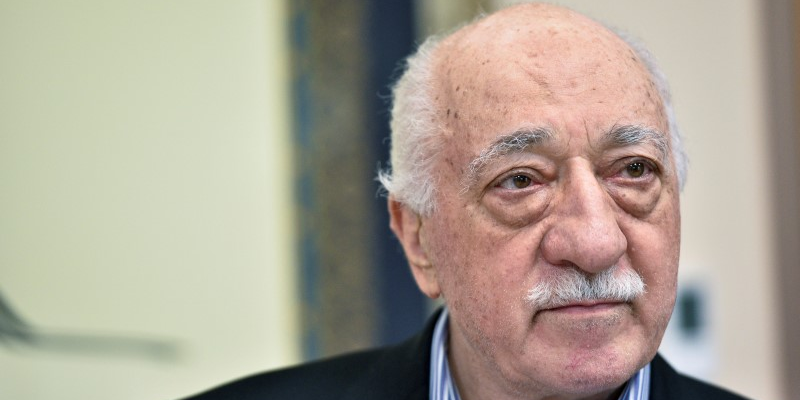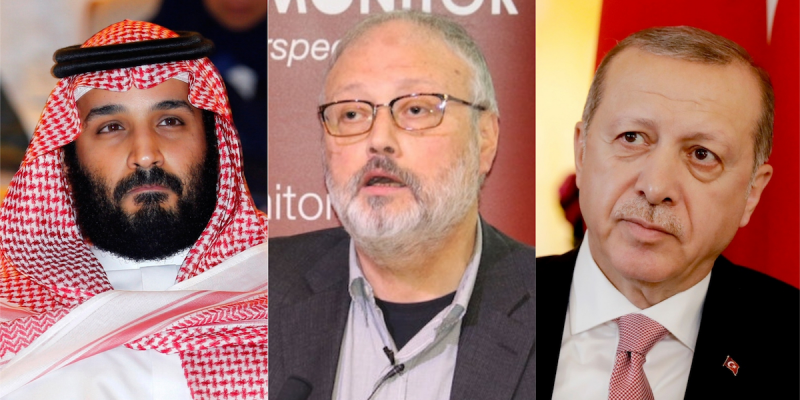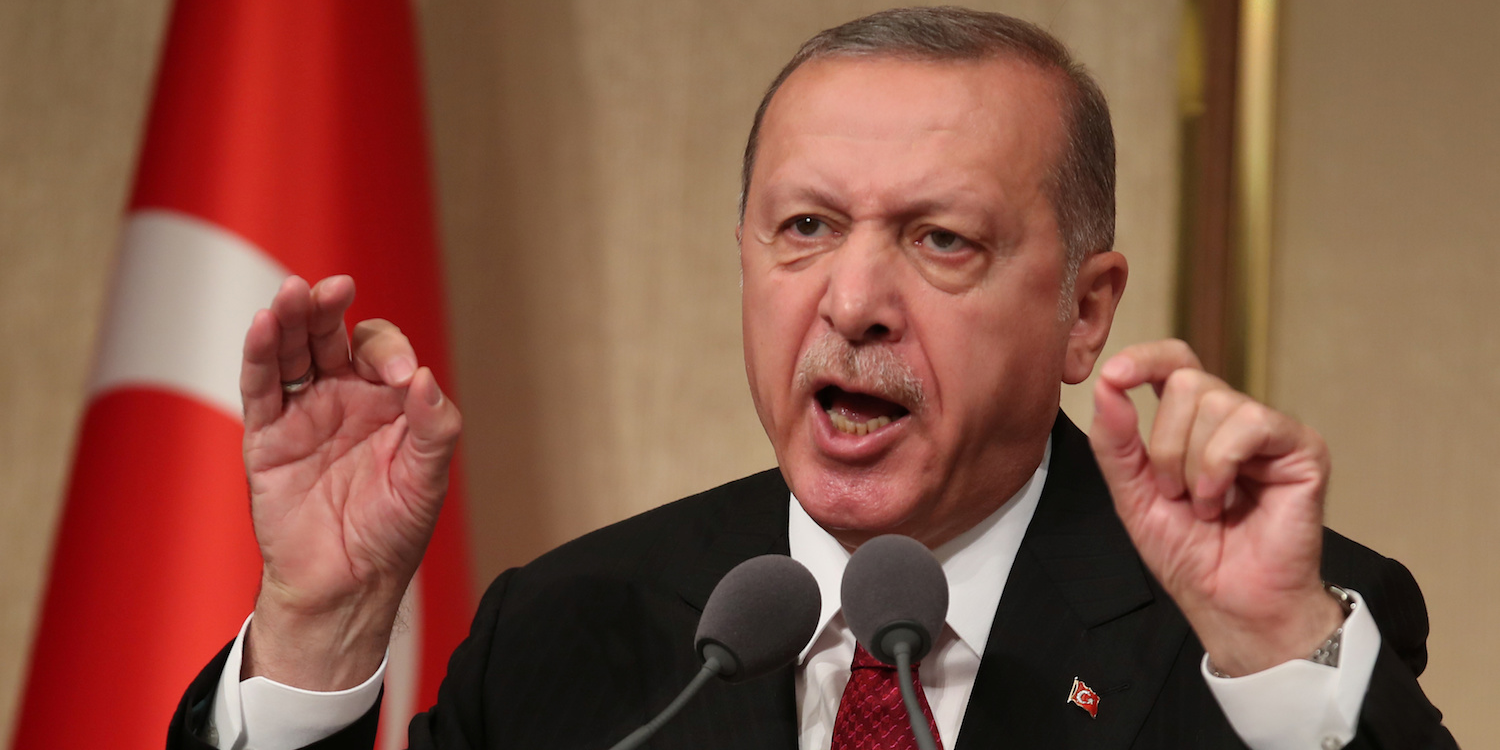- A report out Thursday indicated the White House considered extraditing Fethullah Gulen, an influential cleric who Turkish President Recep Tayyip Erdogan blames for a 2016 coup attempt, with the goal of stopping Ankara’s investigation into Jamal Khashoggi’s death.
- But a senior Turkish official on Friday said such a move wouldn’t work, telling Reuters: “We have no intention to intervene in the Khashoggi investigation in return for any political or legal favor.”
- The White House denied looking into extraditing Gulen, though Turkey has several times demanded that it do so.
- Turkey is furious at Saudi Arabia for carrying out the killing in Turkey and has for weeks challenged Riyadh’s version of events and leaked key details of the Turkish investigation.
- Turkey’s slow drip of leaks from the Khashoggi investigation have implicated Saudi Arabia’s top leadership in a cover-up, putting pressure on the US to punish the kingdom.
Turkey on Friday said any US attempt to suppress its investigation into the journalist Jamal Khashoggi’s death wouldn’t work, a response to a report indicating the White House had considered extraditing an influential Turkish cleric with the goal of quieting the investigation.
NBC News reported on Thursday that the White House was looking for legal ways to deport Fethullah Gulen, the exiled Turkish cleric who President Recep Tayyip Erdogan blames for a 2016 coup attempt, in exchange for Turkey taking pressure off the Saudi government over Khashoggi’s killing.
Experts in US national security and foreign policy were stunned by the report.
“This is the Trump administration seeking to barter away a US resident who has lived here legally for years,” the former National Security Council senior director Ned Price told INSIDER, adding that such a move would be “seeking to skirt the rule of law.”
The State Department spokeswoman Heather Nauert rejected the NBC News report on Thursday, saying, "The White House has not been involved in any discussions related to the extradition of Fethullah Gulen."

Khashoggi, a Saudi journalist who wrote critical articles about his government for The Washington Post, died inside the Saudi Consulate in Istanbul on October 2. Crown Prince Mohammed bin Salman is widely believed to be responsible for the death, though Saudi officials have gone to great lengths to absolve him of the crime.
But Ankara, which has provided the news media with a steady drip of leaks from the Turkish investigation implicating Saudi leadership in Khashoggi's death, has ruled out any sort of cooperation with the US to wind down its investigation.
"At no point did Turkey offer to hold back on the Khashoggi investigation in return for Fethullah Gulen's extradition," an unnamed senior Turkish official told Reuters on Friday. "We have no intention to intervene in the Khashoggi investigation in return for any political or legal favor."
An unnamed Turkish official also told NBC News on Thursday that the government did not link its investigation into Khashoggi's death with Gulen's extradition case.
"We definitely see no connection between the two," the official said. "We want to see action on the end of the United States in terms of the extradition of Gulen. And we're going to continue our investigation on behalf of the Khashoggi case."
Gulen is a legal US resident and a green-card holder who has been living in Pennsylvania since the late 1990s. He commands a large network of followers around the world, whom Erdogan has referred to as "terrorists."

Turkey has for weeks contradicted Saudi Arabia's often-changing narrative of the killing and leaked details of the investigation to US and Turkish state-run media outlets.
Earlier this month Erdogan accused the "highest levels" of the Saudi leadership of being behind the killing - heavily pointing fingers at, but without naming, Crown Prince Mohammed.
The Turkish president has long emphasized the importance of national security. Experts say he most likely saw Khashoggi's killing in Istanbul as a personal affront.
Read more: Analysis: Crown Prince Mohammed comes out on top of Khashoggi case that could see 5 others killed
President Donald Trump's administration has been under pressure to punish Saudi Arabia, a difficult scenario given the kingdom's importance to the administration's policy in the Middle East.
On Thursday, the Treasury Department sanctioned 17 Saudi officials - including one of Crown Prince Mohammed's top aides - over Khashoggi's killing.
Senators also introduced a bipartisan legislation on the same day that would suspend the sale of weapons to Riyadh and block the refueling of Saudi coalition warplanes involved in the deadly civil war in Yemen.

